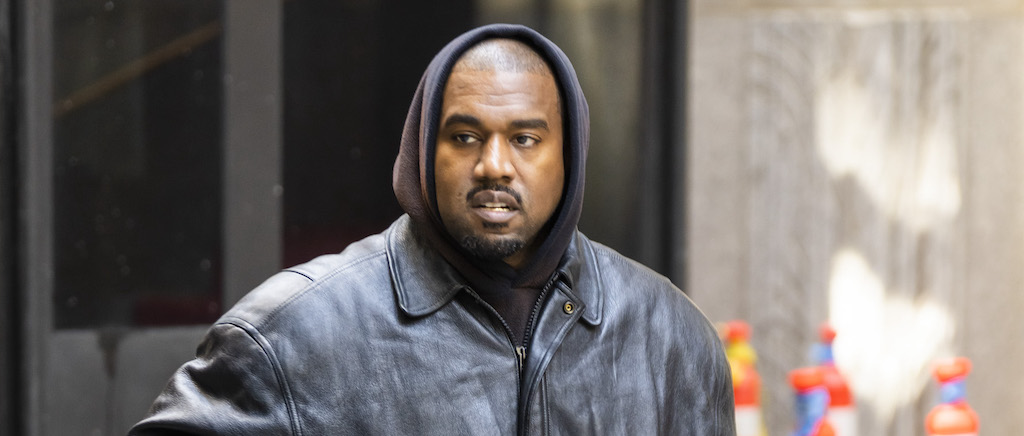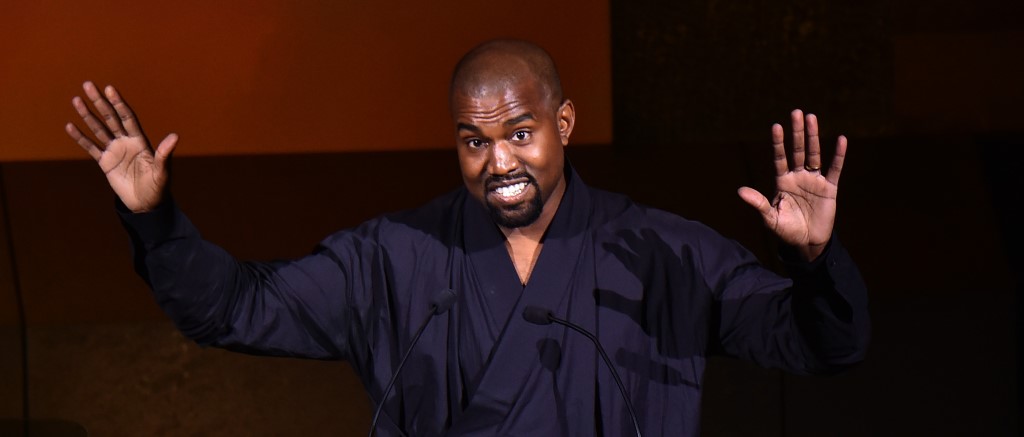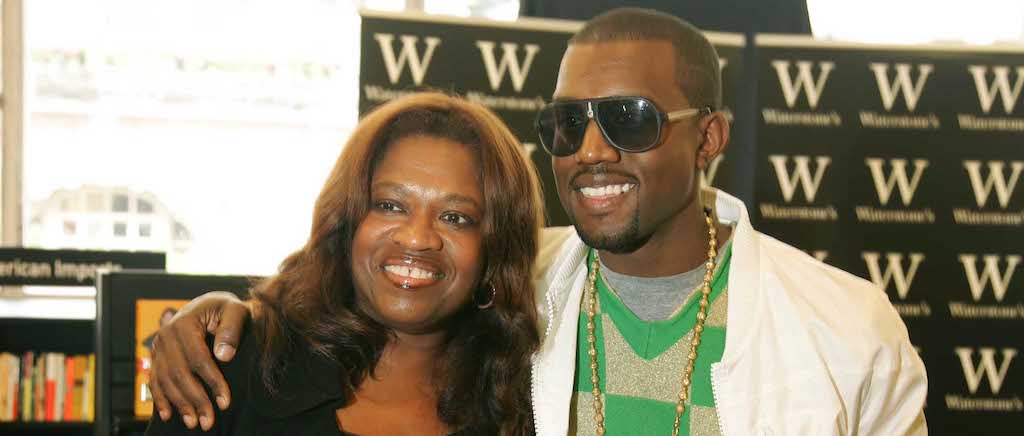With the third and final episode of the Netflix Kanye West documentary Jeen-Yuhs finally available for streaming, the time has come to take stock and determine what lessons can be gleaned from its nearly five hours of behind-the-scenes footage. Did we learn anything we didn’t already know? I don’t think so, but for viewers of a certain age, who maybe didn’t get to watch all this go down in real-time or who were late aboard the Kanye West bandwagon, there is certainly value in watching the come-up, seeing that he always had an oversized ego and the ambition to match. The first two episodes of the documentary also show that the Kanye we know today came from humble beginnings, that he didn’t always have pop culture in the palm of his hands the way he does now.
But by the time the third episode comes around, we see the result of what that level of dominance has ultimately come to. And while director Coodie Simmons, who shot the documentary alongside longtime partner Chike Ozah, refrains from passing judgment on his friend Kanye, the documentary comes across as more mythmaking than insightful. While Coodie and Chike are far from yes-men, they’re maybe a tad bit too sympathetic considering how close they were to Kanye when he was just a guy from Chicago. The problem is, that no one should be as big as Kanye has gotten and do the problematic things Kanye has done without criticism. In Kanye’s own words, “no one man should have all that power.”
I can see how it would be interesting for outsiders to learn how some of the industry works, or to catch a glimpse at the sort of impromptu in-studio listening sessions and recording magic that can happen during the creation of a beloved classic. I’ve always found documentaries to be kind of misleading in that respect because it’s easy to cherry-pick those moments from hours and hours of footage of what in my experience are mostly boring and tedious processes (for a taste of that, just put those 2-minute clips on repeat for about 10 hours). And they can certainly tailor a perspective regarding artists’ relationships, conversations, and personalities for the benefit of the narrative being told rather than the truth of the events being recorded.
But it’s hard for even a grouch like me to deny the tenderness of Kanye’s relationship with his mother, of watching her ease his agitation when he believes he should be signed already, be a star already, be there — in whatever far-flung future he imagined for himself — already. She reminds him not to get ahead of himself, she beams with pride at his accomplishments, she admires his new jewelry, even when you can kind of tell she wants to admonish him for making irresponsible purchases. Her influence on him is undeniable and indelible, and it’s easy to see how her loss could cause such a disturbance for him. She grounded him when his ego threatened to turn him into a hip-hop Icarus; without her, he’s flown too close to the sun and crashed multiple times.
The documentary lets viewers draw this conclusion for themselves, even as most of us had already figured this out just from watching him snatching Taylor Swift’s mic at the VMAs, going through meltdowns on his Pablo tour, donning a bright red Make America Great Again cap to stump for the destructive administration of Donald Trump, and pushing through his own campaign, even as it wore down his relationship with his wife Kim Kardashian and turned him into a possible puppet for a flagging Republican reelection campaign. Because all of this is crammed into the final hour and a half of the documentary, it almost downplays Kanye’s downfalls in favor of focusing on his climb, as if justifying his newfound position just because he worked for it.
That’s cool, but as endearing as it is to watch Kanye interact with his biggest cheerleader, his mom, it’s heart-wrenching to see him in his current state because watching this documentary feels like joining the crowd watching a train wreck. It almost feels like we’ve so reduced this man’s humanity that he can’t even see it in himself. He’s a commodity, he’s an event, he’s entertainment — and in constantly trying to live up to his own capacity for spectacle, he’s lost sight of the kid from Chicago who dreamed of all this before making it come true. He’s become miserly, focused on his money and accomplishments to the exclusion of the people with whom he should be sharing them, he’s become paranoid, lost in the dark twisted fantasy of his persecution complex, and failing to see the beauty of his position. He’s lost his sense of humor and wonderment and humility, the possibility of failure, because he’s now surrounded by exactly the yes-men who don’t mind seeing him set himself on fire (sometimes literally) as long as there’s the potential of entertainment in watching him burn.
Jeen-Yuhs feels like watching him burn. It starts off with a slow spark, a wisp of smoke as he does everything he can to fan the flames, but by the end of episode three, we’re watching a full-on conflagration, the hero that Jeen-Yuhs has spent three hours building up crumble to ash in front of our eyes. At the beginning of the third episode, Coodie mentions being ready to release the documentary at the end of Kanye’s College Dropout era, ahead of the release of Late Registration. To hear him say that explains the first two parts of the doc — and makes you wish that he really had done so, to preserve the old Kanye instead of trying to explain the one we’re stuck with now.







 H (@TheDannyOh)
H (@TheDannyOh) 
 Chale (@Suzuki_Bj)
Chale (@Suzuki_Bj) 